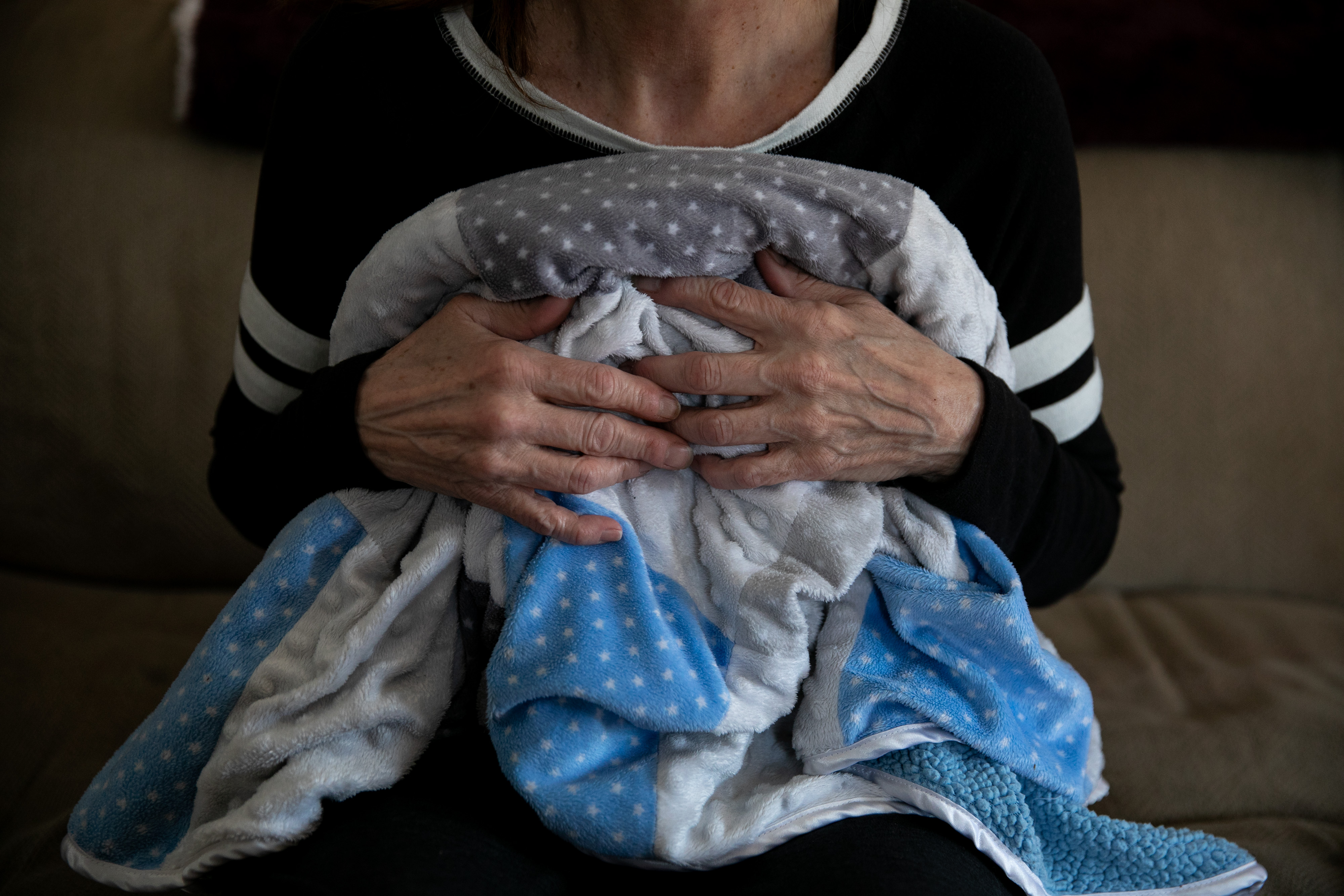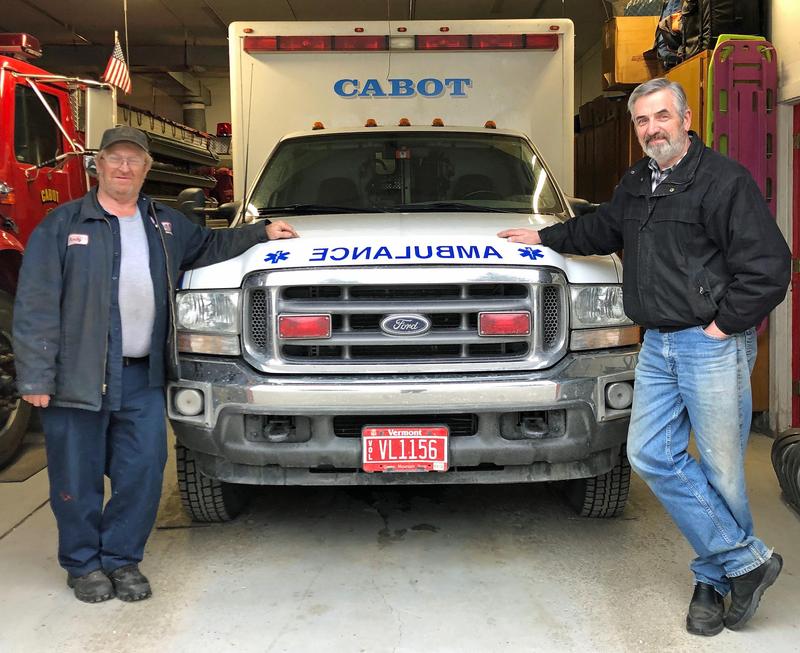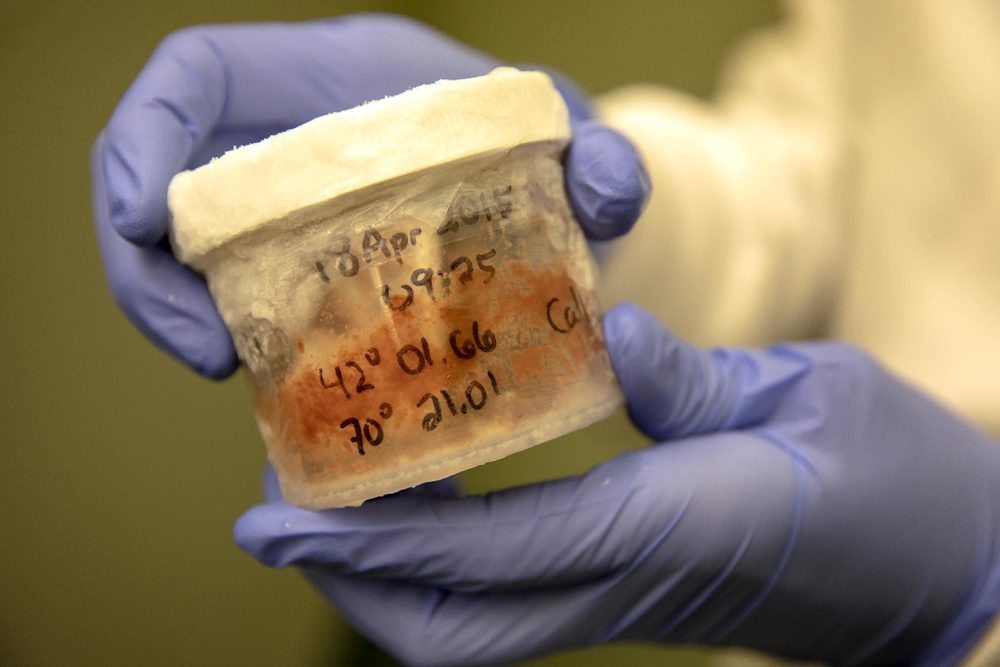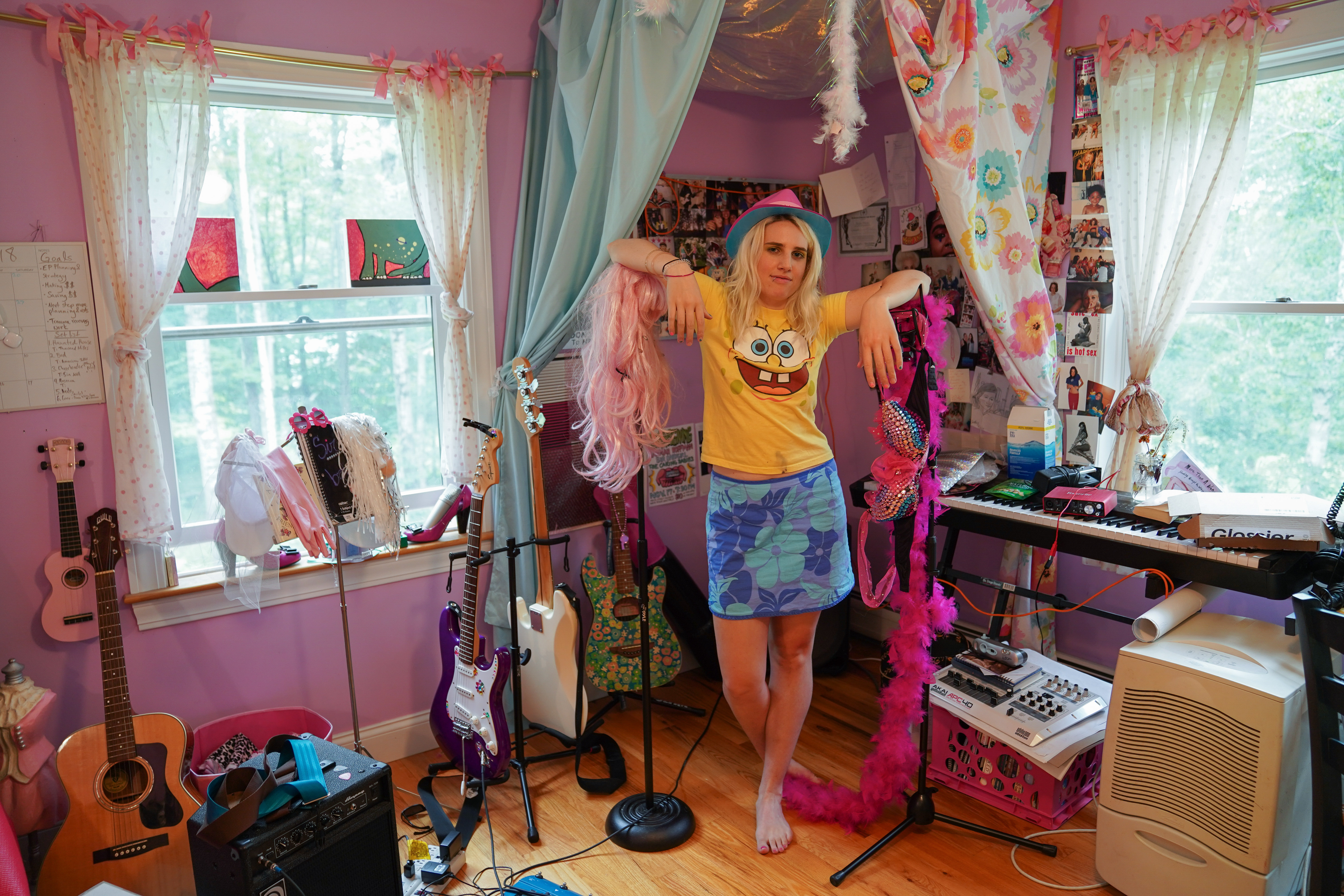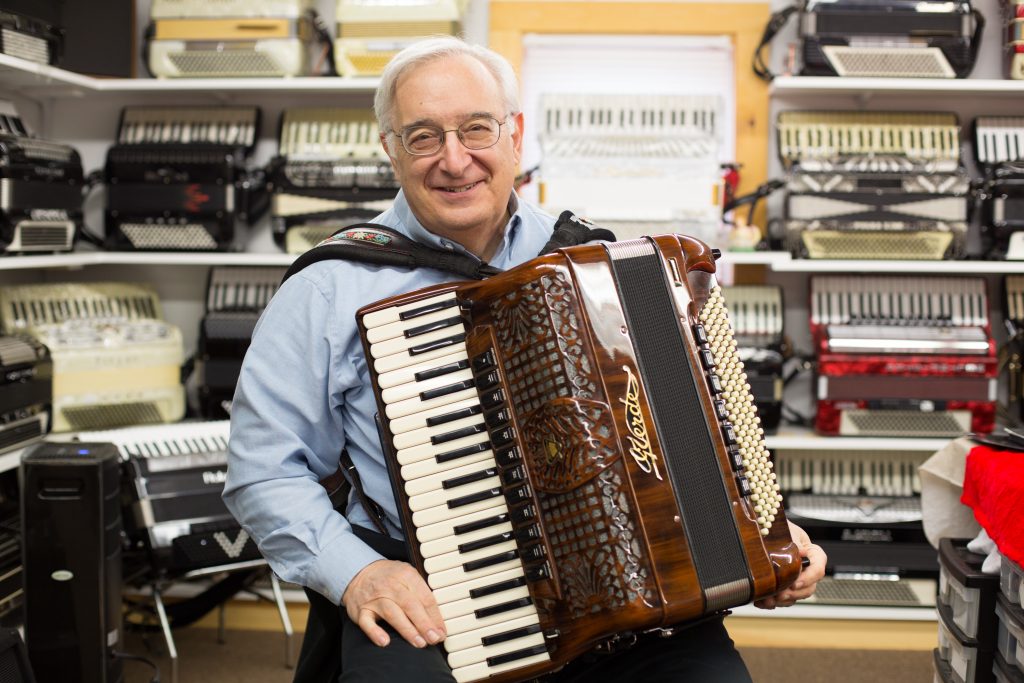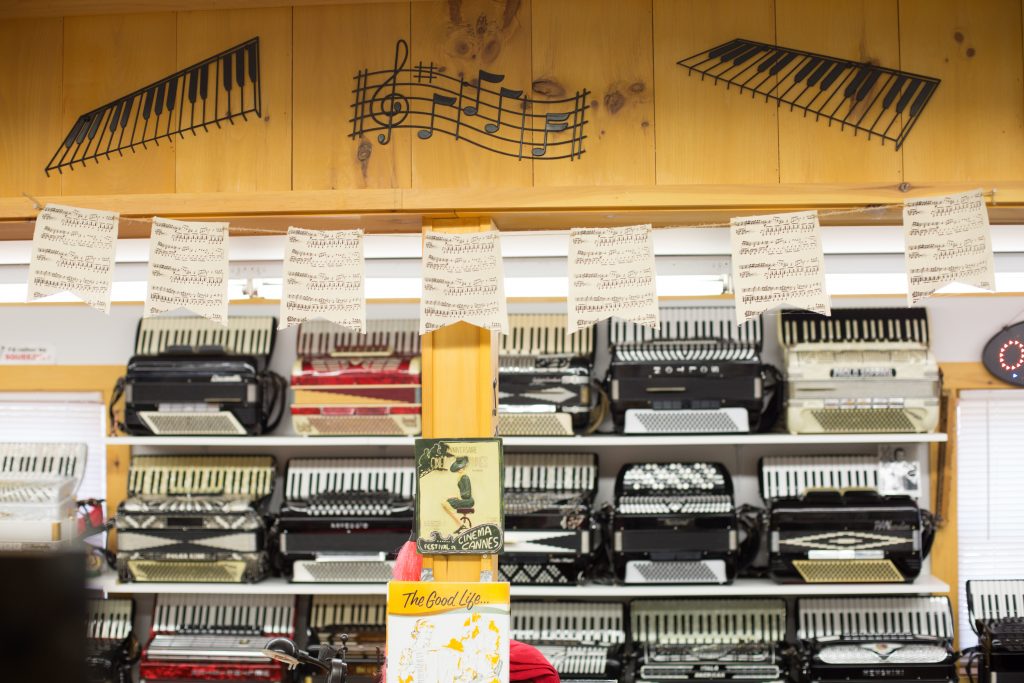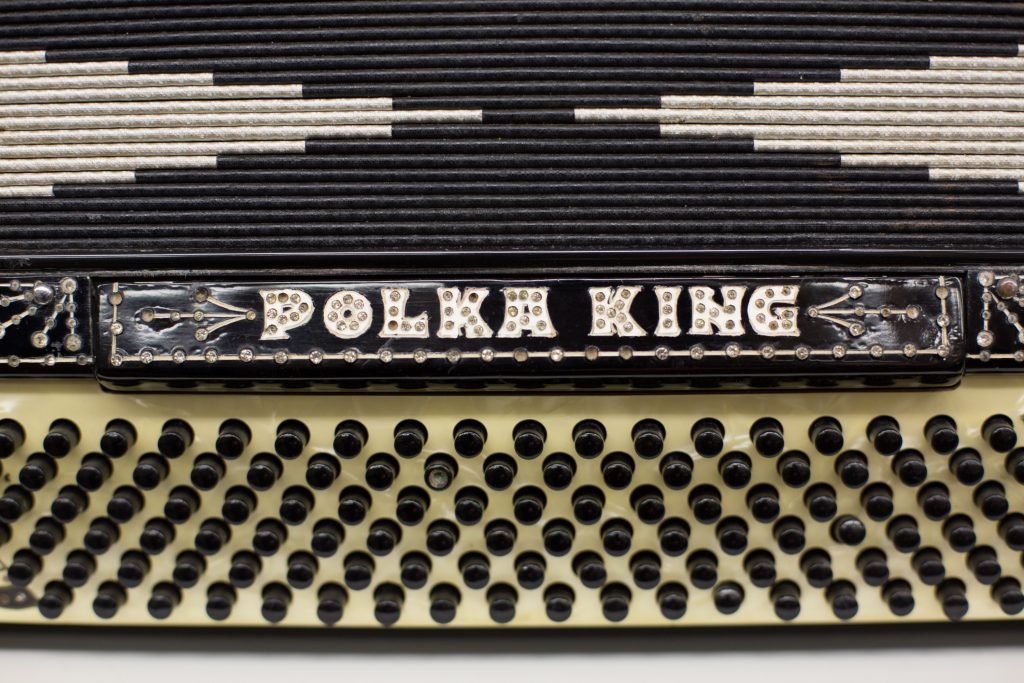Episode 147: Sir Babygirl’s Rural Roots; A Lobster War On The Border
This week on NEXT:
We look at Rhode Island's 911 system, and Emergency Medical Services in Vermont.
We'll learn about a lobster war on the U.S.-Canada border.
And, we'll discuss a rural pop star's New England roots. We'll also visit the New England Accordion Museum.
It's NEXT.
Photo at the top of the page: Sir Babygirl performs at the Main Street Museum in Vermont. Photo by James Napoli
Exploring Rhode Island’s 911 System
One morning last year, a panicked call came into Rhode Island's 911 emergency center about a six-month-old baby in Warwick, Rhode Island. What transpired during the nearly four-minute call reveals a system so flawed it's virtually set up to fail.
Lynn Arditi of The Public’s Radio and The ProPublica Local Network has been investigating the state’s 911 system – which is an outlier in New England.
If you’ve made a 911 call in Rhode Island or been the subject of one, let them know. Go to propublica.org/rhodeisland911, or send an email to rhodeisland911@propublica.org.
Rural EMS in Vermont Faces Uncertain Future
One very important part of the 911 system is the rapid response of emergency medical services or EMS. But in rural parts of Vermont, fewer people are volunteering to staff ambulances. Costs are going up, and services are getting harder to deliver.
VPR’s Howard Weiss Tisman has been reporting on this issue.
New Documentary Shows a “Lobster War” on U.S.-Canada Border
There’s a section of the ocean along the border between the U.S. and Canada that’s considered a “gray zone.” It’s a stretch of over 200 square miles that the United States and Canada both have claimed. n recent years, as seas warm and lobsters move north, the “gray zone” has become prime lobster fishing ground, sparking tension between American and Canadian lobstermen, both trying to capitalize on the catch.
A new documentary from David Abel and Andy Laub, Lobster War: The Fight Over the World’s Richest Fishing Grounds, highlights the increasing tension along this gray zone. We speak with David Abel about the documentary, and why this “gray zone” has become a place where we can see the effects of climate change coming to a head.
Lobster War is screening around New England through June. Find a screening near you here.
Aquarium Studies Whale Poop to Determine Health of Species
It isn’t just fishing gear that’s hurting whales. It’s also an inability to produce new young.
There’s been a lot of studies to understand the problem, and we want to take you now to one local resource for information, The New England Aquarium, which has the world’s largest collection of right whale poop. It sounds gross, but fecal matter can tell you a lot about a whale’s health.
WBUR’s Miriam Wasser has this story.
Rising Pop Star Sir Babygirl’s New Hampshire Roots
The South by Southwest Festival in Austin, Texas has become music's biggest showcase event. There's so much happening there that NPR Music critic Steven Thompson helpfully curated a list of 100 artists worth watching, called "The Austin 100."
On that list is a pop singer whose national profile is rising. She calls herself Sir Babygirl.
But she’s not from one of the country’s big music scenes. In fact, she recorded her debut album in her childhood bedroom in rural New Hampshire. Producer James Napoli has the backstory.
Visiting the New England Accordion Museum
Tucked away in the northwest corner of Connecticut, just a few miles from the Massachusetts border, stands the New England Accordion Connection and Museum Company. The museum houses over 600 accordions, thousands of pages of sheet music, and a jukebox filled with accordion music. Producer Lily Tyson went to check it out and to meet its creator, Angelo Paul Ramunni.
Angelo Paul Ramunni is also the author of the new book, Accordion Stories From the Heart. You can find him discussing the book and performing at events around Connecticut.
Send Us Your Favorite New England Music
About NEXT
NEXT is produced at Connecticut Public Radio
Host: John Dankosky
Producer: Lily Tyson
Digital Producer: Carlos Mejia
Senior Director: Catie Talarski
Contributors to this episode: Lynn Arditi, Howard Weiss-Tisman, Nadine Sebai, Miriam Wasser
Music: Todd Merrell, “New England” by Goodnight Blue Moon, "Forget Me" by Aubrey Haddard, "Old Tom" by Mile Twelve
New to NEXT? You can find every episode or one you missed within our archives.
We need your feedback! Send critiques, suggestions, questions, and ideas to next@ctpublic.org. Help us spread the word! If you like what you hear, rate and review us on iTunes.


